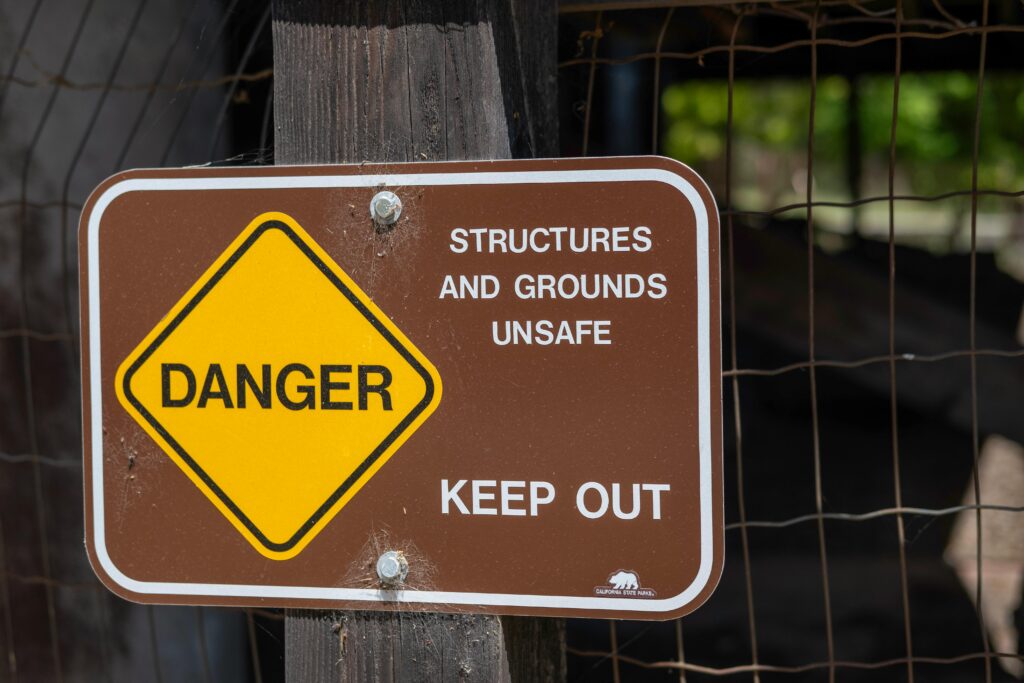Now Reading: Things Court Reporters Wish You Would Do to Improve the Deposition Record
-
01
Things Court Reporters Wish You Would Do to Improve the Deposition Record
Things Court Reporters Wish You Would Do to Improve the Deposition Record
Court reports and attorneys must work together to make a good record and deposition run as smoothly as possible. Every person present in the courtroom looks forward to a smooth record. It is because a smooth record is more productive for you, less burdening for the witness, and much more accessible for court reporters to undertake jobs.
However, there are certain things that you can do to make a good record and enhance clarity and efficiency. Some things that court reporters desire to be done are:
- Provide Information Well in Advance:
Sharing advanced information helps make a court reporter’s job easier, paving a path for efficient deposition. Some things that help in keeping a deposition flowing are:
- Provide a Notice of Deposition while scheduling the same so that the court reporter can quickly review all the pertinent information. These may include your case number, appearances, venue, name spellings well in advance.
- Provide the names and spelling of the attorney. Note that this information is the one that’s not on the Notice of Deposition before getting started.
- Ensure spelling words or important names so that the court reporter won’t have to stop in the middle of the case to seek clarifications.
- If the exhibit doesn’t contain any material quoted into the record, ensure providing the same.
- Take Charge of Record Creation:
The court reporter’s job is to preserve the record. However, creating the form is the job of the attorney. Some things that the attorney’s record must-have is:
- Open the record by stating the case style and name of the witness.
- State “Off the Record” before involving in any side discussions or taking breaks. After this, get “Back on the Record” once you’re ready to initiate again.
- Identify exhibits verbally while presenting these to the witnesses.
- Relevant gestures must have a verbal record. These usually are witnesses making use of their hands for pointing towards an object or demonstrating a length.
- Ascertain Witnesses to Speak Clearly:
Witnesses must always ensure answering questions aloud. Note that gestures like shrugs and head nods must not find usage. Some instructions that a professional Deposition Reporter suggests keeping in mind are:
- Warning the witnesses not to indulge in conversation while the attorney is still asking a question. It is because it can lead to confusion and may result in cross-talk on the record.
- Intervening if witnesses speak in low tones or cover their mouths while conversing. Although the court reporter may urge witnesses to repeat their previous response or insist on being louder, the attorney must ensure that the witness is better received well in advance.
- Advising witnesses to take up verbal conversations rather than relying on non-verbal sounds.
By doing so, the chances for confusion and interruptions become negligible. Also, the process gets streamlined.
The Bottom Line
Some other things that court reporters wish for in improving their deposition record are slowing down and taking breaks. Know that when court reporters and attorneys work incoherence, their final objective is to run the deposition as efficiently as possible. And, it is for everyone’s experience.
Thus, make sure to follow these tips as they will help you eliminate the deposition obstacles. A short conversation just before the beginning of the deposition can alert you to issues, which helps save time and effort.










